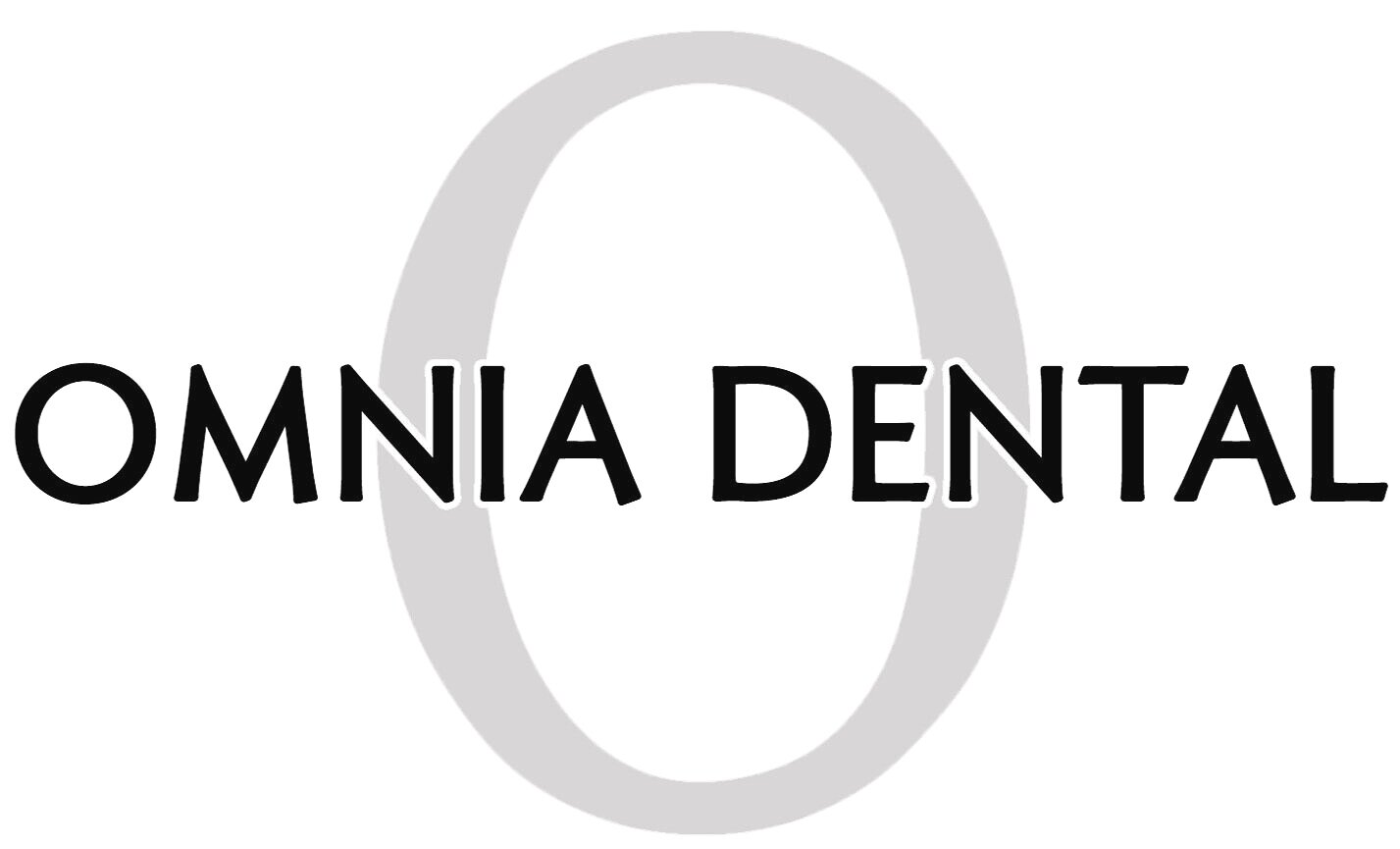Emergency Dental Services
If you’re experiencing a dental emergency, you can trust experienced dentists to take care of it. We offer competent emergency dental services at competitive prices.
If you have a dental emergency or want a regular checkup, call Omnia Dental Care to schedule an appointment.
What is a dental emergency?
There are several ways to tell if you have a dental emergency, such as if you have one or more of the following:
Severe pain in your teeth or gums
Tooth infections or abscesses
Fractured or chipped teeth
Lost crowns or fillings
Knocked-out teeth
If you knock out one of your permanent teeth, hold onto that tooth and call Omnia Dental Care Immediately. The sooner you book an emergency dental appointment with Dr. Priyawat or Dr. Kim, the more likely they can successfully re-implant the tooth.
What should I expect during emergency dental treatment?
The treatment depends on how severely damaged your tooth is and what type of injury you have.
Knocked-out Tooth
If you’ve knocked out a tooth, it must be re-implanted within two hours otherwise it can die. Call Omnia Dental Care to schedule your visit.
You should rinse the tooth with water, and place it back in its socket. If you can’t get it to stay in the socket, keep it moist in a container of milk until your appointment.
Cracked Teeth
If you’ve cracked a tooth, rinse your mouth with warm water and keep the affected area clean. Use a cold compress to reduce the swelling, and call Omnia Dental Care to schedule an emergency dental treatment.
Bit Lip or Tongue
If you’ve injured your lip or tongue because you bit it severely, keep the area clean with warm water and use an ice pack to reduce the swelling.
Severe Toothaches
Severe toothaches may indicate a dental emergency. Rinse your mouth with warm water to clean the area, and call Omnia Dental Care to determine if you need a root canal or another procedure.
How can I Prevent Dental Emergencies?
Dental emergencies can happen to everyone, but there are ways you can lower your risk of tooth or mouth trauma:
Avoid using your teeth to open packages
Wear a mouthguard when participating in contact sports, such as football
Avoid chewing hard candy, ice, and popcorn kernels
You can’t always avoid dental trauma, which is why the experienced team of dentists at Omnia Dental Care is available to care for you during your emergency. Be sure to call and schedule an appointment right away to increase the chance of saving your injured tooth.
FAQs
-
An emergency dentist treats the same ailments that a general dentist can. However, they are also able to treat things that are much more complex. Here are some things that an emergency dentist can treat:
Dislodged Teeth
Sure, an appointment with the general dentist is required for the initial care. But, an emergency dentist can bring down the pain, and swelling and stop bleeding.
Fractured jaw
When patients have fractured jaws, an emergency dentist is consulted when surgery may be required.
Crack or Chip
If you have a crack or a chip in your tooth, an emergency dentist will repair it through bonding, filling, or crown placement.
-
The first thing you should do is rinse the tooth in lukewarm salt water. This will help you clean it properly. Whatever you do, just make sure that you do not handle the tooth by the root. This tends to rupture any tissues that exist there, making it impossible for your dentist to reattach the tooth to the socket.
-
When it comes to dental emergencies, it’s always the sooner, the better. If one of your teeth got knocked out, receiving prompt care is especially important. Getting an emergency dental appointment within an hour can allow your dentist to splint it back in place. If you fail to get through, find a walk-in emergency dentist who can get you immediate relief.
-
Swelling usually happens when you have an infection. However, if the swelling is causing swollen eyes or other severe abnormalities, you definitely need emergency dental care right away.
Make sure you don’t put any heat on an affected swollen area, as this may cause the infection to spread more rapidly.


